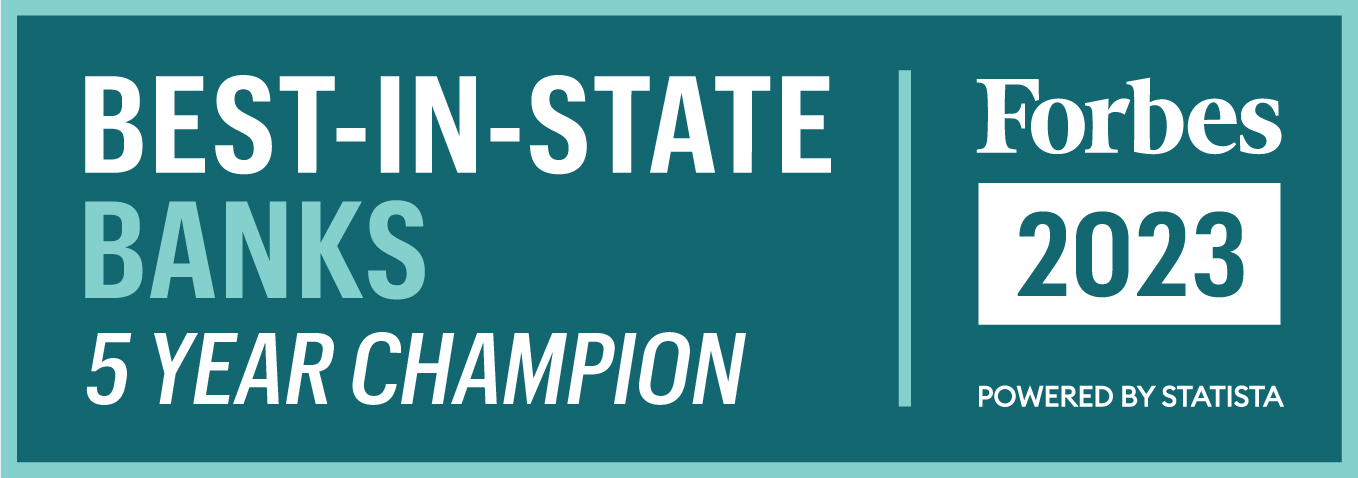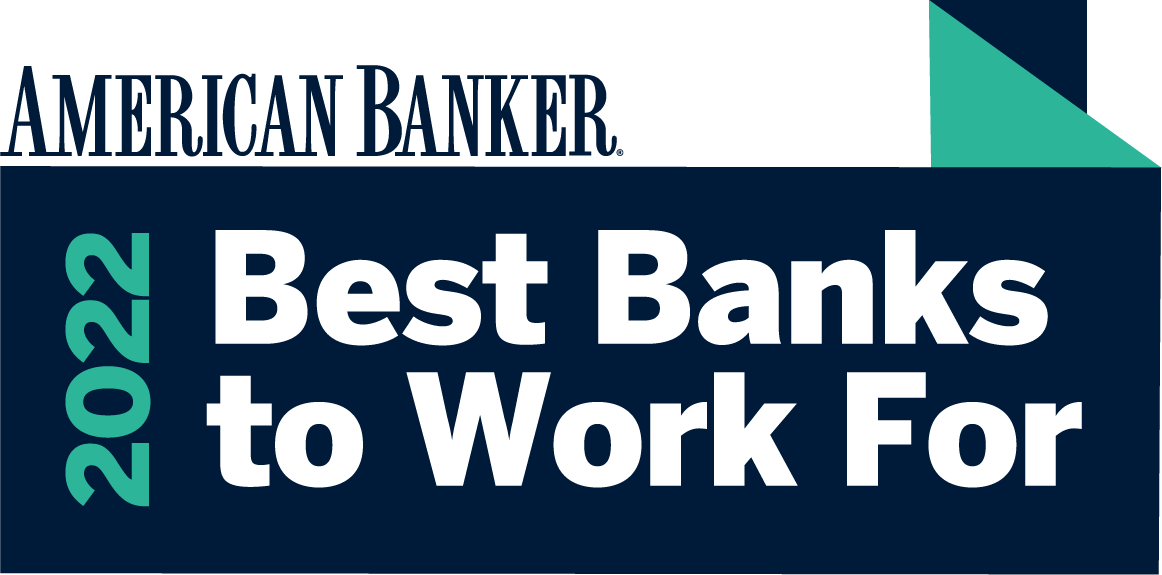Congratulations recent college graduates – caps off to you. Here's to your next adventure!
Entering the job market and landing your first job out of college can be both exciting and intimidating - because having a full-time job means having money – real money. There's no time like the present to focus on managing that income and practicing the skills to become financially savvy as you enter this next exciting stage of your adult life.
Work Toward Paying Off Debt
One of the most important steps you can take to get your finances in order is to tackle your debt. It can seem daunting, but with a few tips, it's more manageable than you may think.
- The first step is knowing exactly what you owe for each debt and when those payments are due. Create a budget that outlines each payment, how much interest you are accruing, and what the total cost of the debt will be. Also, weigh whether the debt is good debt or bad debt.
- Next, prioritize paying off your debts. Start by targeting your highest-interest debts first. You'll save more money in the long run if you focus on eliminating these first. Consider setting up automatic payments to ensure you never miss a payment.
- Finally, consider whether you can accelerate your payments. While it's not always feasible, if you're able to make larger payments or even pay off some debt in full, you could save a considerable amount in interest. This can be especially beneficial if your loans are variable-rate loans, as rates may increase over time.
Live Your Best Life on a Budget
The key to being financially savvy is living on a budget. No matter your salary, a budget can help you avoid overspending and put you in a good position to build your savings. Consider making a budget and tracking how much you spend for a month or two – this will give you an idea of where your money is going and where you can cut back and save money. A few simple tips for budgeting in your everyday life include sticking to your list at the grocery store instead of grabbing extra items, skipping the gym membership and working out at home, and canceling subscriptions you don’t need or use.
Focus on Your Credit Score
Your credit score can have a big impact on your finances. A credit score is a number between 300–850 that showcases your credit worthiness. It is used most often by lenders and creditors to determine how likely it will be that you repay your loan. Typically, the higher your score, the more lenders are likely to lend to you at their best rates. A low credit score means you’ll pay higher interest rates, putting less money in your pocket or bank account. Keep in mind that you can build and rebuild credit in many ways. Start by calculating an estimate of your credit score to get an idea of where it is. For the most accuracy, request your free annual credit reports. Just make sure you use reliable resources ending in .gov, and never provide your Social Security number to any site that may ask for it.
At Lakeland Bank, we offer customers the ability to check their score daily using Credit Sense. Not only can you use this resource to monitor your credit score, but also access your full credit report and customized tips to improve or maintain your score.
Negotiate Your Salary
So, you’ve got a job offer that you’re considering. That’s great news! While you might be eager to accept the position, don’t jump on it right away. Instead, take time to discuss the salary you’re being offered. Do some research to see how the offer compares to salaries for the same or similar positions at other companies. Be aware that accepting an offer that’s lower than it should be could add up to a big sum lost over time. After doing this research, negotiate your salary with the company.
Start Preparing to Get Your Own Health Insurance
Health insurance can be a big expense, but paying out of pocket for medical care can be a lot more costly. You might be able to stay on your parent’s health insurance plan until you’re 26, if it covers dependents. This might buy you some time before needing your own health insurance, but it’s good to be prepared for this upcoming switch. Keep this in mind as you go to job interviews. Ask about health insurance plans, since many companies offer these. You can then compare a prospective employer’s plans to buying your own plan. Consider setting up a health savings account either way, so you can save up for medical expenses.
Establish an Emergency Fund
Having an emergency fund is an important step in your journey to financial independence, and it will give you the peace of mind that comes with knowing you have a safety net in case of a financial crisis. It's easy to get overwhelmed by student loan debt, credit card debt, and other debts right after college graduation, but having an emergency fund is a great way to protect yourself in case of any unexpected expenses. Aim to put away at least three to six months' worth of living expenses, so you can cover yourself in case of job loss or other unexpected events. It can also help to set up automatic transfers from your checking account into a savings account designated for your emergency fund. This way, you won't have to rely on borrowing money from family or friends or adding more debt to your plate.
Start Your Retirement Nest Egg Now
You’re just starting out in the working world, but it’s never too early to start planning for retirement. Even though that’s decades down the road, building your retirement nest egg now means you can look forward to retiring comfortably when the time comes. Calculate how much you want or need for retirement, so you can aim for this figure over the years. How can you fund your retirement? Contribute a percentage of your paycheck, even a small one, to your employer’s 401(k) plan if they offer one. If available, taking advantage of an employer match for this account, boosts your retirement savings. If you don’t have access to retirement plans through your employer, look into opening a standard IRA or Roth IRA plan. Making annual contributions to a plan can go a long way toward funding your retirement.
Invest in Yourself
Making smart investments in yourself can be another key to financial success after college graduation. Investing in yourself doesn’t mean spending a lot of money; it means finding ways to increase your earning potential. Some tips to invest in yourself include:
- Taking classes related to your field or even completely unrelated courses that will broaden your horizons and give you knowledge you didn’t have before.
- Finding ways to stay up to date with the latest trends in your field so you can remain competitive. Read books, attend seminars, and watch videos.
- Network and make connections with people in your industry who can help you advance in your career. Having strong relationships with mentors and other professionals can open up opportunities that would have otherwise been inaccessible.
Go Confidently Toward Your Dreams
Adventure awaits. It's time to start living the life you imagined. Start by setting yourself up for a financially stable future. Small steps - like growing your savings, boosting your credit, and living life on a budget - will shape your life's path.
Take Lakeland Bank along as your partner for the journey. We're a financial friend you can bank on for sound financial advice. For more financial tips and resources, check out our financially brilliant blogs, calculators, and upcoming webinars.




